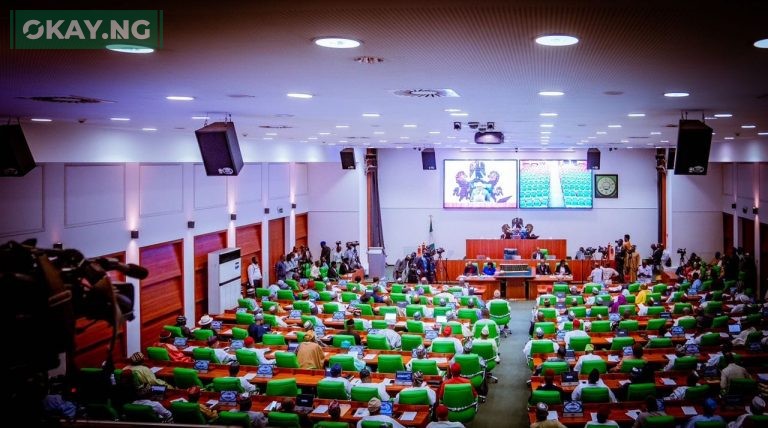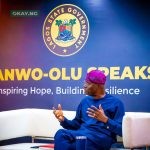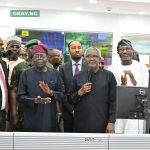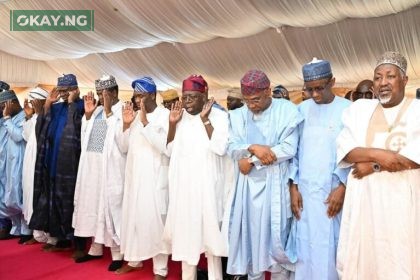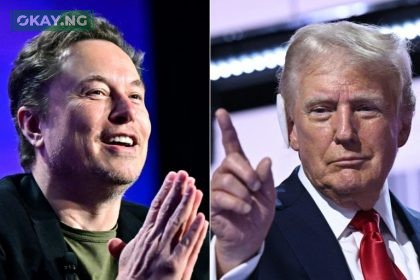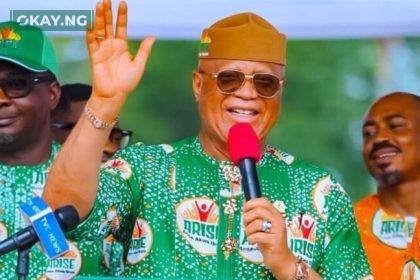The Nigerian House of Representatives has taken a significant step toward reshaping the nation’s investment landscape, passing a bill for second reading that proposes granting Nigerian citizenship to foreign investors. This legislative move, formally titled “A Bill for an Act to Alter the Constitution of the Federal Republic of Nigeria, 1999 to include Citizenship by Investment as one of the classes of Citizenship in Nigeria,” has ignited a nationwide conversation about economic strategy and national identity.
Spearheaded by Deputy Speaker Benjamin Kalu and a coalition of lawmakers, the bill, identified as HB 2059, aims to amend the Nigerian constitution, specifically the Citizenship by Investment Bill, to introduce a new category of citizenship. As the explanatory memorandum outlines, the core objective is to “attract foreign direct investment by granting Nigerian citizenship to individuals who invest in the Nigerian economy above a specified financial threshold or in strategic sectors critical to national development.”
Essentially, the proposed law seeks to leverage citizenship as a powerful incentive, drawing in substantial capital and expertise. As I examine this, I can see the potential for transformative economic growth, but also understand the public concern.
“This is a bold move,” stated a source close to the legislative process, “It’s about creating a win-win scenario: investors gain a stake in Nigeria’s future, and Nigeria gains vital economic stimulus.”
Read Also: House Advances 42 Constitutional Amendment Bills, Signaling Potential Shift in Governance
However, the implications extend far beyond mere financial transactions. The concept of “Citizenship by Investment” raises fundamental questions about national identity and the value placed on belonging. It prompts a critical examination of what it means to be Nigerian, and how that identity is shaped in an increasingly globalized world.
For many Nigerians, citizenship is not a commodity but a birthright, deeply intertwined with cultural heritage and national pride. The question becomes, how does a nation balance the need for economic advancement with the preservation of its core values?
The potential benefits are undeniable. Foreign Direct Investment (FDI) can inject much-needed capital into infrastructure, create jobs, and stimulate innovation. According to the United Nations Conference on Trade and Development (UNCTAD), FDI plays a critical role in driving economic growth in developing nations. “FDI is a key driver of economic development,” UNCTAD reports, “contributing to technology transfer, job creation, and infrastructure development.”
Yet, the bill’s success hinges on establishing clear and transparent investment thresholds and ensuring robust oversight to prevent abuse. There is also the issue of ensuring that the investment is in areas that will assist the nation to grow, and not just enrich a few individuals.
As this legislation progresses through the House of Representatives, it will undoubtedly face intense scrutiny and debate. The nation watches, grappling with the complex interplay of economic ambition and national identity. This is not just a policy change; it’s a reflection of Nigeria’s evolving place in the global economy, and the lengths it is willing to go to secure its future.


